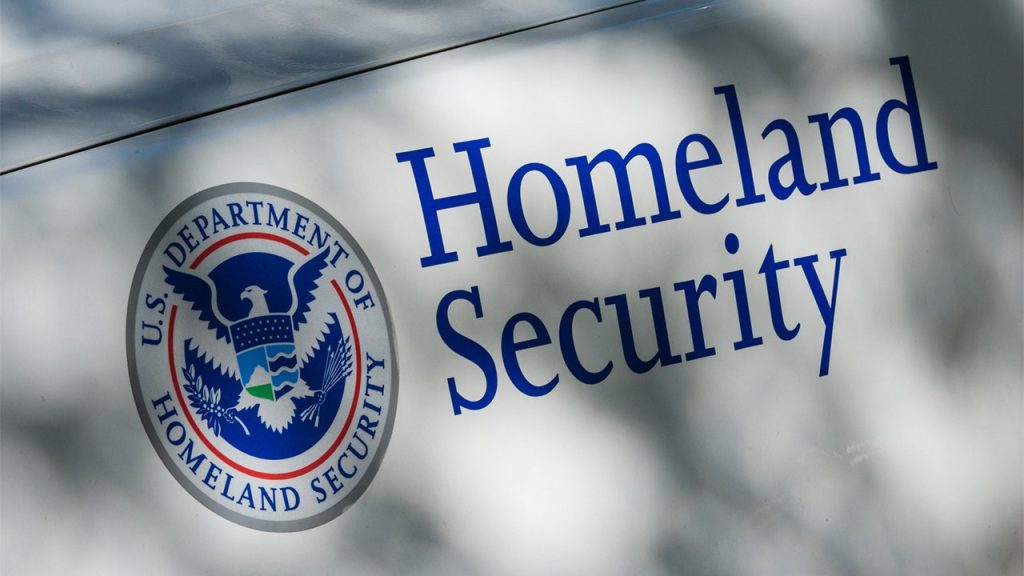The Department of Homeland Security (DHS) has been rocked by a scandal involving two of its special agents in Utah, Nicholas Kindle and David Cole, who are accused of exploiting their positions to orchestrate an elaborate drug trafficking scheme. The agents, tasked with combating narcotics trafficking, allegedly diverted seized evidence, including “bath salts,” for personal profit, marking a deeply concerning breach of public trust and a perversion of justice. This case highlights the potential for corruption within law enforcement agencies and underscores the critical need for robust oversight mechanisms to prevent such abuses of power.
The allegations against Kindle and Cole paint a disturbing picture of their alleged criminal enterprise. They are accused of not only stealing drugs from evidence lockers but also of actively acquiring additional narcotics from other law enforcement agencies, including U.S. Customs and Border Protection, under the false pretense of legitimate investigations. This deception extended to their colleagues within DHS, whom they allegedly misled about the purpose of accumulating these substances. The alleged theft also included cash, a diamond ring, and a Peruvian antiquity, further demonstrating a pattern of exploiting their access to seized property.
The scope of their alleged operation broadened with the involvement of a confidential informant, initially utilized for controlled buys. After this informant’s release from prison, Kindle and Cole allegedly coerced him into becoming a middleman in their drug distribution network. They orchestrated sales through encrypted messaging apps, arranging clandestine meetings at seemingly innocuous locations such as a Panera Bread restaurant and a Nike store. This calculated use of everyday locales served to mask their illicit activities, highlighting their deliberate efforts to evade detection.
The scheme began to unravel when the informant’s attorney contacted the U.S. Attorney in Utah, alleging that the agents had compelled his client to engage in unlawful activities. This pivotal tip ignited an FBI investigation, which quickly uncovered a trail of evidence implicating Kindle and Cole. Investigators documented eight instances of illegal drug sales to the informant, including one instance where the drugs were left in a trash can, further illustrating the agents’ calculated attempts to conceal their illicit dealings. The FBI estimates that the pair netted between $195,000 and $300,000 through their illicit enterprise.
The charges against Kindle and Cole are severe, carrying significant potential prison sentences. Kindle faces a charge of drug distribution conspiracy and another for conspiracy to convert government property for profit, with a potential combined sentence of up to 25 years. Cole is charged with drug distribution conspiracy, carrying a maximum sentence of 20 years. While both agents have had their DHS credentials suspended, they have not yet been terminated from their employment. The legal proceedings against Cole have already commenced, with his trial scheduled to begin in February 2025. Kindle’s initial court appearance is set for January 2025.
This case underscores the importance of stringent oversight and accountability within law enforcement agencies. The alleged actions of Kindle and Cole represent a stark betrayal of the trust placed in them to uphold the law. Their alleged exploitation of their authority for personal gain not only undermines the integrity of DHS but also jeopardizes the critical work of their fellow agents. This incident serves as a stark reminder of the need for continuous vigilance in safeguarding against corruption within law enforcement and ensuring that those who abuse their power are held accountable for their actions. The case also raises questions about the effectiveness of internal controls within DHS and the potential need for reforms to prevent similar incidents from occurring in the future.

